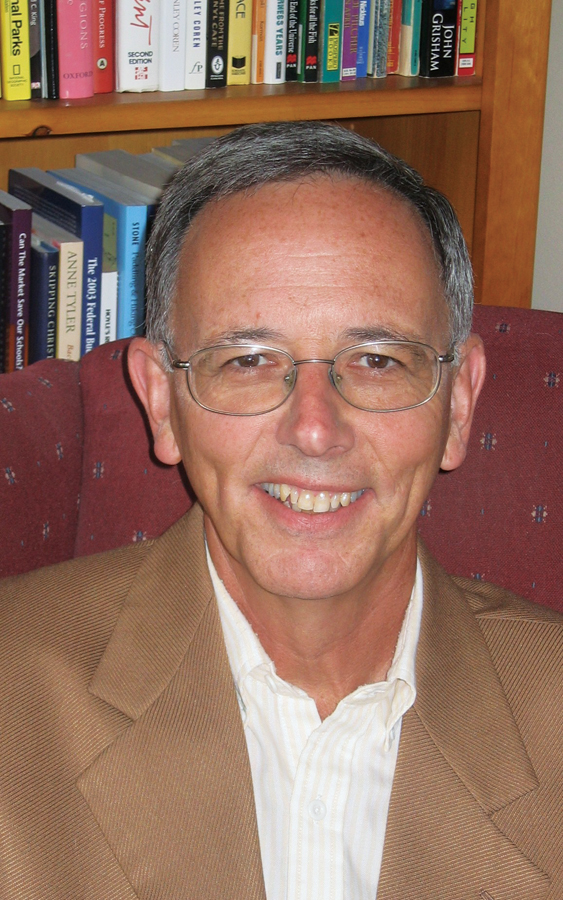about the authors
vi

N. Gregory Mankiw is Professor of Economics at Harvard University. He began his study of economics at Princeton University, where he received an A.B. in 1980. After earning a Ph.D. in economics from MIT, he began teaching at Harvard in 1985 and was promoted to full professor in 1987. Today, he regularly teaches both undergraduate and graduate courses in macroeconomics. He is also author of the popular introductory textbook, Principles of Economics (Cengage Learning).
Professor Mankiw is a regular participant in academic and policy debates. His research ranges across macroeconomics and includes work on price adjustment, consumer behavior, financial markets, monetary and fiscal policy, and economic growth. In addition to his duties at Harvard, he has been a research associate of the National Bureau of Economic Research, a member of the Brookings Panel on Economic Activity, and an adviser to the Federal Reserve Bank of Boston and the Congressional Budget Office. From 2003 to 2005 he was chairman of the President’s Council of Economic Advisers.
Professor Mankiw lives in Wellesley, Massachusetts, with his wife Deborah; children Catherine, Nicholas, and Peter; and their border terrier Tobin.
vii

William M. Scarth is Professor of Economics at McMaster University. His introduction to the subject came at Queen’s University, where he obtained the Gold Medal in economics upon graduating with his B.A. After receiving M.A. and Ph.D. degrees at the universities of Essex and Toronto, he began teaching at McMaster where he has received both the President’s Best Teacher Award and the McMaster Student Union Lifetime Achievement Award. He has held a number of visiting positions at other universities in Canada, Australia, and England.
Professor Scarth has published many articles in academic journals, often writing on such topics as the stabilization policy problems faced by small open economies and the challenges posed by the desire to generate—and share fairly—rising living standards. He is also the author of other textbooks—one that introduces graduate students to advanced methods in macroeconomics, and two introductory books. In addition to research and teaching at McMaster, he is a Research Fellow at the C. D. Howe Institute, Canada’s leading nonprofit policy institute.
Professor Scarth lives in Dundas, Ontario, with his wife, Kathy. They enjoy the visits of their grown sons, Brian and David, their partners, Lisa and Anna, and their grandchildren, Cameron and Elisabeth.
ix
Those branches of politics, or of the laws of social life, on which there exists a collection of facts sufficiently sifted and methodized to form the beginning of a science should be taught ex professo. Among the chief of these is Political Economy, the sources and conditions of wealth and material prosperity for aggregate bodies of human beings....
The same persons who cry down Logic will generally warn you against Political Economy. It is unfeeling, they will tell you. It recognises unpleasant facts. For my part, the most unfeeling thing I know of is the law of gravitation: it breaks the neck of the best and most amiable person without scruple, if he forgets for a single moment to give heed to it. The winds and waves too are very unfeeling. Would you advise those who go to sea to deny the winds and waves—or to make use of them, and find the means of guarding against their dangers? My advice to you is to study the great writers on Political Economy, and hold firmly by whatever in them you find true; and depend upon it that if you are not selfish or hard-hearted already, Political Economy will not make you so.
— John Stuart Mill, 1867